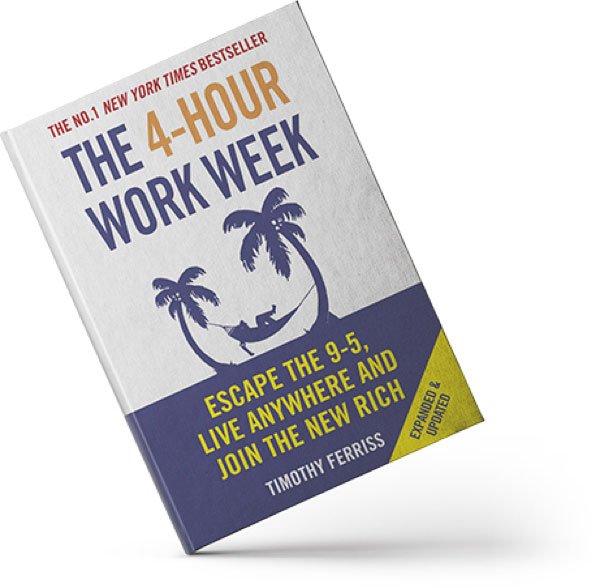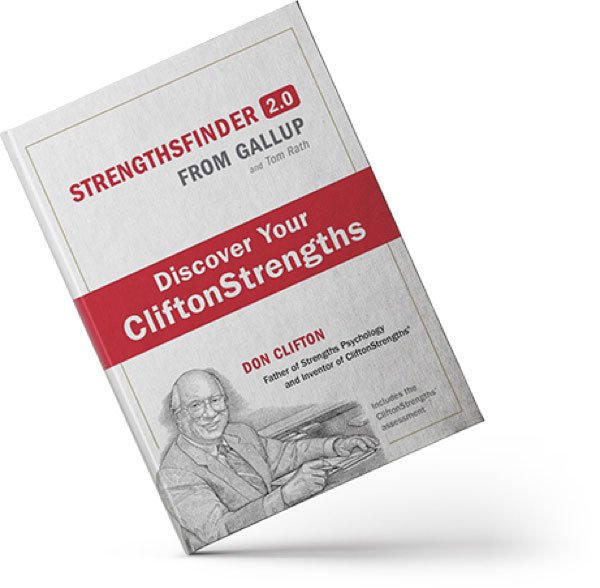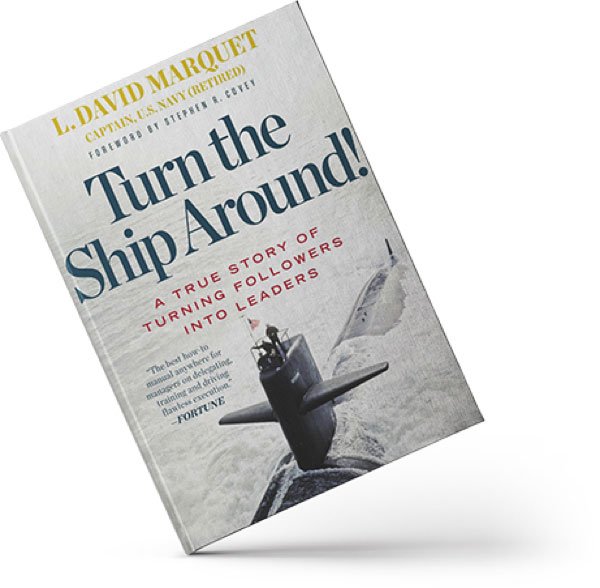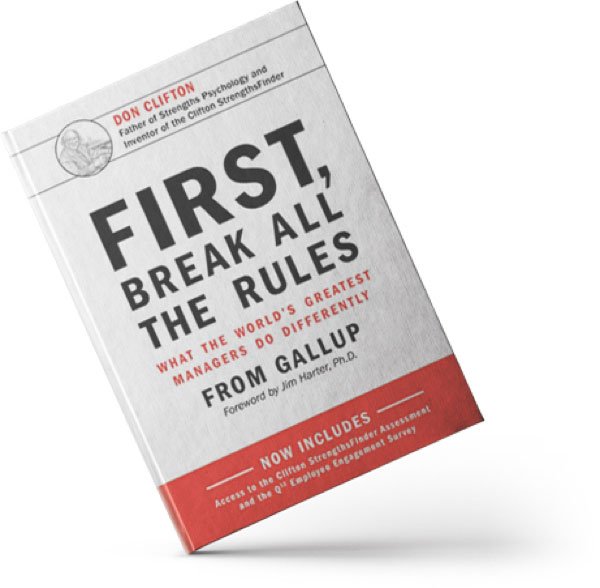It’s now business-critical to understand the impact of the UK/EU trade deal on your business.
We’ve been busy eating all the leftover Christmas chocolate, whilst also digesting the mountain of information published on the UK/EU trade deal.
Below are the key questions to consider and take forward. We hope they’ll help you, and of course, if you’d like to chat, you can get in touch with Damian Shirley, our Indirect Tax Partner and lead on all things Brexit.
So, without further ado, the Brexit Bible:
TARIFFS – THE UK/EU TRADE DEAL
Q: What agreement did they reach on goods?
A: If the products you sell or buy can comply with the rules of origin, the goods can be imported into the UK and imported into the EU free of tariffs.
Q: How do you meet the rules of origin?
A: Goods must be sufficiently worked or processed within the UK or EU. They can either be:
- Wholly obtained – Exclusively obtained or produced in the territory of one country, without using materials from any other country (e.g. live animals or plants and fruit products); or
- Substantially transformed in line with the relevant Product-Specific Rule (PSR) – To decide this, there are three basic rules (note: minor processing will not count): 1) the ad-valorem, or ‘value added’ rule, 2) the change of tariff classification, and 3) whether they’re manufactured from certain products or through specific processes.
Q: How do you claim preference?
A: Preference will be claimed on a customs declaration, and declaration made that you hold proof that the goods meet the rules of origin.
For goods imported into the UK between 1 January 2021 and 30 June 2021, traders will have up to six months to complete customs declarations (if the goods are not controlled goods) – if so, don’t forget to state that you will account for import VAT on your VAT return (see below) for a cashflow saving.
For imports into the UK and EU, you have until 31 December 2021 to produce suppliers’ declarations that the origin rules are met. However, you must be confident that the goods do meet the rules of origin when they’re imported or exported as businesses may be asked to retrospectively provide a supplier’s declaration after this date.
As an importer into the EU, you must have either:
- A statement on origin provided by the exporter; or
- Importer’s knowledge, with sufficient evidence that the goods qualify as originating.
As an exporter from the UK, you need to:
- Hold evidence that the goods meet the relevant rules of origin before issuing a statement on origin.
- Understand whether a declaration from your own supplier needs to be obtained.
- Provide the importer with one of the following: a) a statement on origin, b) supporting documents and records if your customer is importing using their “importer’s knowledge”.
- Maintain records for at least 4 years.
Q: What if my goods do not meet the rules of origin?
A: These can still be traded but they will not be able to benefit from preference under the TCA, and may be required to pay the standard tariffs that the EU and UK apply to imports:
- For exports to the EU, this will be their Common External Tariff.
- For imports to the UK, this will be the UK Global Tariff.
Q: What if I move my goods to Northern Ireland?
A: New guidance was released before Christmas stating that businesses bringing goods into Northern Ireland which are not ‘at risk’ of moving to the EU (or subject to commercial processing) could apply for authorisation under the UK Trader Scheme.
If all the conditions are satisfied, businesses could pay zero duty on the movement of goods from Great Britain to Northern Ireland.
The Trader Support Service can assist with determining eligibility for the scheme, and if you want to be part of the scheme, UK Trader Scheme Authorisation must be applied for ASAP.
Q: How long is the deal in place for?
A: It is automatically reviewed every 5 years.
VAT AND BEXIT
Q: How do I pay import VAT on goods imported into Great Britain (England, Scotland and Wales) from anywhere outside the UK and Northern Ireland?
A: It can be paid via Postponed VAT Accounting (on your VAT return).
This will need to be notified on the customs declaration and estimated from the records you hold of imported goods.
The correct import VAT will appear on the monthly statement which will be available to download (see here). This will enable you to adjust the import VAT due if necessary and account for any difference on its next VAT return using boxes 1, 4, and 7.
Q: What if I need to pay import VAT when I import goods into the EU?
A: You will need to VAT register to recover the import VAT in the country concerned. You may need to have a fiscal representative, or even an establishment in some cases, to administer the VAT.
We can help to facilitate that and think about any underlying PE issues for wider tax.
Q: What if I sell goods to consumers who live in the EU?
A: You may need to register in all EU member states. There is no VAT threshold if you are not established in the EU. This could mean 27 new VAT registrations, but you can get in touch with us to streamline the process.
Q: Is there anything additional I need to think about if I export goods?
A: Yes – do you have proof the goods have left the UK to support treating them as exports (0% VAT)? If sufficient evidence is not collected within 6 months, then HMRC could ask you to pay VAT until it’s obtained (yikes, what a bill to face!).
SUPPLY CHAIN
Q: Is there any impact of importing goods into the UK and then shipping them straight out again to customers in the EU?
A: Yes – you may get a double Customs Duty hit on moving goods into the UK and back out to the EU, and vice versa if the rules of origin can’t be met. There may be some simplification measures available, such as Inward or Outward processing relief and Customs Duty warehouses, so give us a shout to discuss them.
Q: Do I need to think about my legal contracts and incoterms?
A: Yes – are these fit for purpose? Do these set out incoterms and responsibilities for exporting and importing? Are there financial indemnities for failure to provide proof of origin or where the proof of origin is later challenged?
Q: Anything else to consider?
A: Yes – you need to ensure your EORI (Economic Operator Registration and Identification) status is valid for trading in the EU, and your arrangements for goods clearance or entry into the EU are well set for seamless trade. You may well need two EORI numbers; one for UK imports/exports and one for EU imports.
Some products traded B2C may require entirely different labelling and regulatory requirements when sold by non-EU established traders. Have you thought about that?























